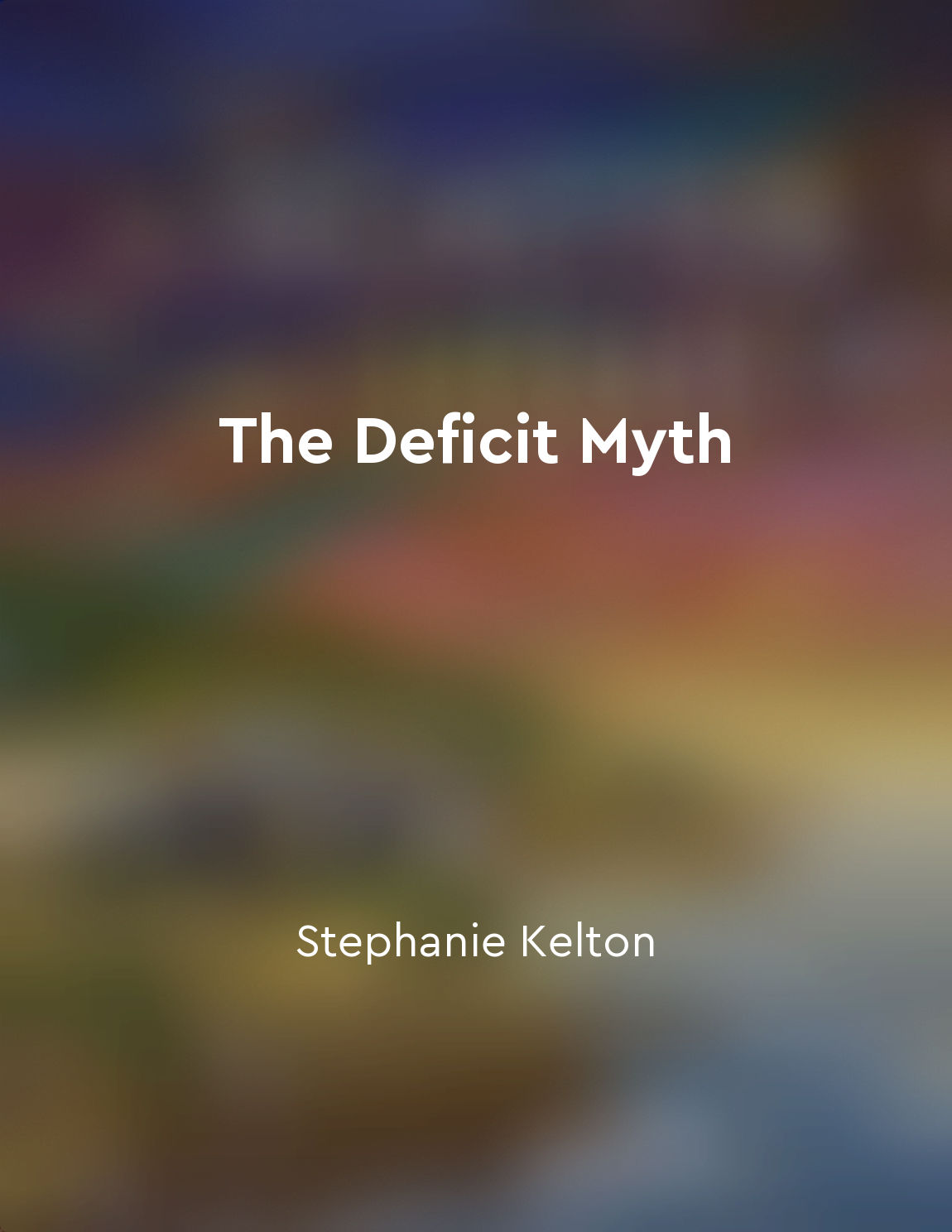Public goods are nonexcludable and non-rivalrous from "summary" of The Economics Book by DK
Public goods are goods that are nonexcludable and non-rivalrous. Nonexcludable means that it is impossible to exclude anyone from benefiting from the good once it is provided. This is because it is difficult to charge people who do not pay for the good. For example, if a lighthouse is built to guide ships safely to shore, it is impossible to prevent ships from using its light to navigate, regardless of whether they have contributed to its maintenance or not. Non-rivalrous means that one person's consumption of the good does not reduce the amount available for others to consume. In other words, the consumption of the good by one person does not take away from its availability for others. For instance, national defense is a public good because one person's protection does not diminish the protection available to others. These characteristics of public goods create a free-rider problem, where individuals have an incentive to benefit from the good without contributing to its provision. Since it is difficult to exclude non-payers from consuming the good, individuals may choose not to pay and still benefit from its provision. This can lead to under-provision of public goods, as private firms may not have an incentive to produce them due to the inability to charge consumers for their use. To address the free-rider problem, governments often step in to provide public goods through taxation. By pooling resources from taxpayers, governments can fund the production of public goods that benefit society as a whole. This allows for the provision of goods that would otherwise be under-produced in the private market due to their nonexcludable and non-rivalrous nature.- Public goods are unique in that they possess the characteristics of nonexcludability and non-rivalrousness, which present challenges for their provision in the market. By understanding these characteristics and the free-rider problem they create, policymakers can implement strategies to ensure the production of public goods for the benefit of society.
Similar Posts
Microeconomics studies individual decisions and how they affect markets
Microeconomics is all about looking at the small picture. It's about zooming in on individual decisions and how they can have a...

Antitrust laws prevent anticompetitive behavior
Antitrust laws are designed to maintain competition in the economy by preventing harmful practices that obstruct the competitiv...
Business cycles follow a predictable pattern
The premise of business cycles following a predictable pattern is rooted in the observed behavior of economies over time. These...
Tax audits can be stressful but are a routine part of tax compliance
Tax audits are a common occurrence that many taxpayers fear due to the potential stress they can bring. However, it is importan...
Cultural differences in economic outcomes
The impact of cultural differences on economic outcomes is often underestimated or overlooked in discussions about poverty and ...
The benefits of a bicameral legislature
The establishment of two distinct bodies in the legislative department, each of them formed on a different principle, constitut...
Economic systems influence societal development
The economic systems that societies adopt have a profound impact on their development. The choice of economic system can determ...
Economic collapse
The concept of economic collapse in 'Atlas Shrugged' is vividly portrayed as a result of the government's intervention and cont...

Inflation can be managed through targeted policies
To understand how inflation can be managed through targeted policies, we must first recognize that inflation is not an uncontro...

Opportunity cost influences decisionmaking
Opportunity cost is a fundamental concept in economics that plays a crucial role in decision-making. It refers to the value of ...

